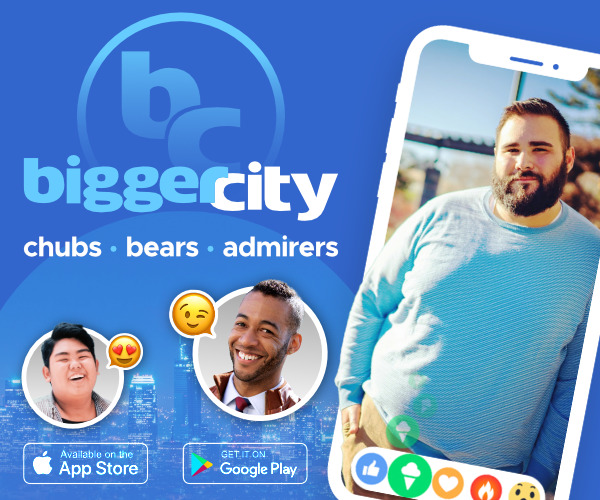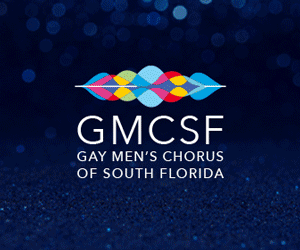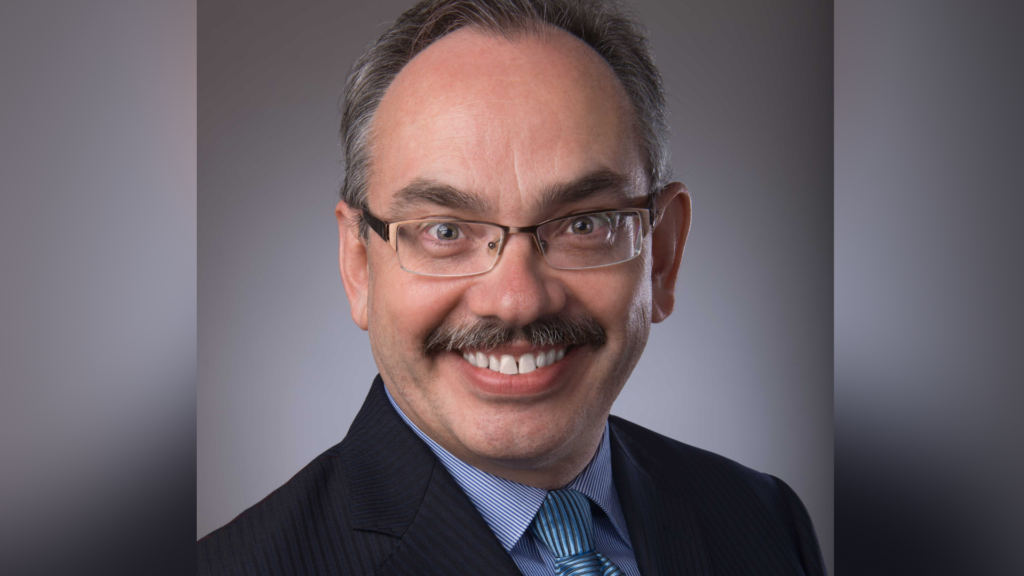
Leadership coach Gabe Deremiens talks helping gay men overcome fear at work
Leadership relies on an individual to possess a level of self-confidence and the ability to master leadership of others regardless of ethnicity, gender, age, ability, or disability. But what happens when the leader falls into a minority group and struggles to lead others because of the fear of how others perceive them?
Many gay men in the workplace feel ashamed or awkward of their sexual orientation and believe, sometimes without merit, that their colleagues will treat them differently because of it. And this belief hinders their progress and impacts their chances of having a successful and fulfilling career.
Gabe Deremiens, a Toronto based IT Project Manager and gay man himself, from his own experience, recognised the issues gay men have in the workplace and now coaches them to improve their leadership skills and build their confidence in the workplace to overcome the fears many harbour.
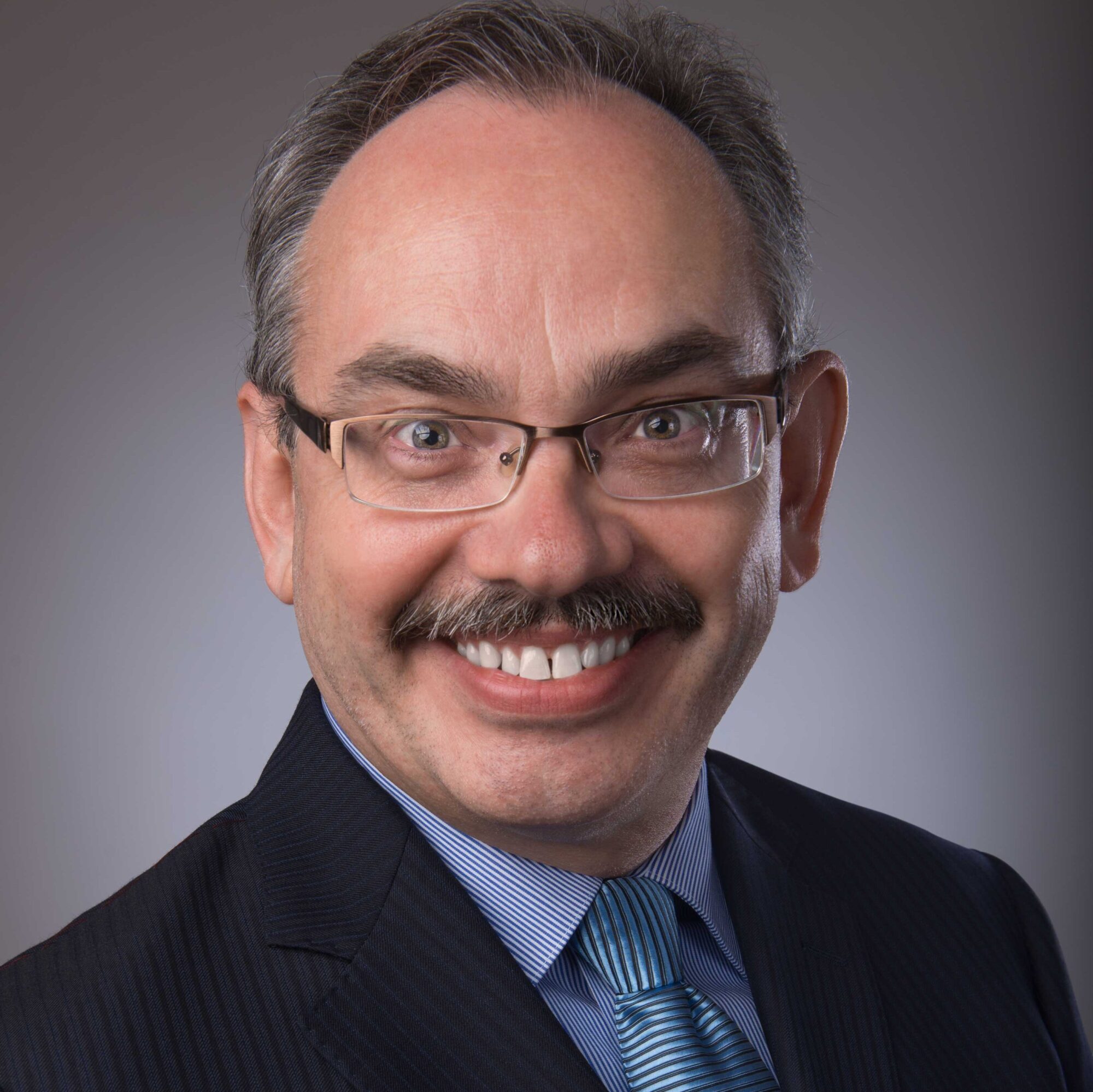
“The professional gay community is a very under-served, misunderstood audience who have a unique and specific set of challenges. Discrimination, homophobia, and self-hatred can lead to a higher risk of suicide and/or addiction. And even without any negativity being present, suicide and addiction can often result merely due to their own fear of how others may perceive them if they find out they are gay, and the need to feel acceptance in the workplace; something most of us take for granted,” shares Gabe.
And this fear has a significant impact on how they cope in the workplace.
- 46% of LGBTQ workers say they are closeted at work, compared to 50% in HRCF’s ground-breaking 2008 Degrees of Equality report
- 31% of LGBTQ workers say they have felt unhappy or depressed at work
- 34% of lesbian, gay, bisexual, and transgender people choose not to disclose their sexuality at work
- Many work hard to evade questions about family life for fear that revealing their sexuality will make work relations difficult

Gabe is keen to help gay professionals avoid this fear and overcome the barriers to being a gay leader and thriving, to ensure they become strong leaders and avoid mental and physical health issues that stem from these fears.
“The most common fear of losing out on a promotion or securing a job because of their sexuality, or the fear of rejection and discrimination is holding too many backs. My focus is on providing access to a safe space of like-minded people where they can be vulnerable and be their authentic selves but learns the key aspects of leading and overcoming fear. Through my Facebook community, I bring in other experts and provide coaching where there is no judgment and share real experiences and offer real solutions and practical tips to implement covering areas such as leadership, health, and wellness,” says Gabe.
We recently had a chat with Gabe to discuss his work and why it is important for him to help gay men overcome fear in the workplace.

Kyle Jackson: What were some of the biggest challenges you faced as a professional gay man at work?
Gabe Deremiens: The biggest challenges that I’ve faced as a professional gay man at work fall into one of three categories – discrimination, fear, and/or harassment. For me, discrimination has largely been in the form of being on the receiving end of inappropriate jokes based on sexual orientation.
Sometimes being the constant target of jokes forces the listener to withdraw even more to the point of simply not wanting to associate with colleagues at work events. Thus, I was called gay and anti-social, leading to an early release from a well-paying contract job.
One highly effective way of fighting such discrimination is to speak up and tell people what you think of their inappropriate jokes. Yes, that takes courage and strength but have confidence in yourself and protect yourself.
Fear was another challenge I faced at work. For me, constant discrimination meant constant fear. Intellectually, I knew that fear was a hindrance to success. So, as a leader, I derived ways to combat fear so that it didn’t paralyze me and impede progress. I go into a couple of ways I found helpful below.
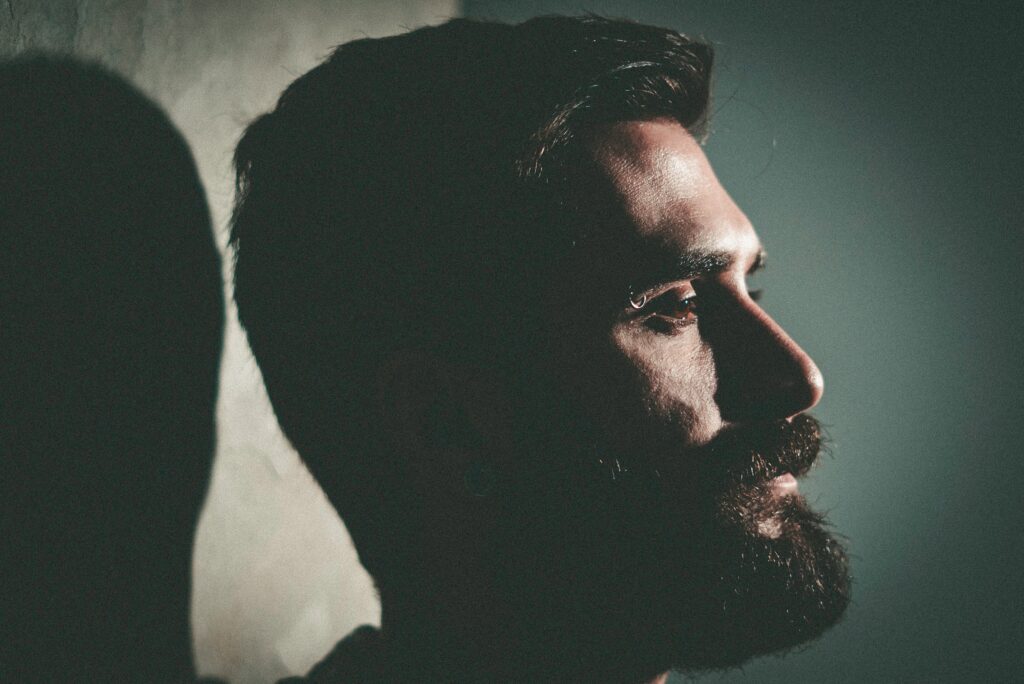
KJ: Can you discuss one or a few of these personal experiences that prompted you to decide to focus on helping others through these challenges?
GD: Here’s an example of discrimination I faced at work where I was the only gay guy (that I was aware of at the time) working in a huge IT organization and the number of gay, bisexual, lesbian so-called “jokes” seemed endless. I found it confusing because I felt like I had to laugh on the outside even though I was crying or seething on the inside just so that I could feel accepted.
The lesson I learned here, which has prompted me to help others who may be experiencing such challenges, was that it is IMPERATIVE you find your VOICE, and find it early. DON’T laugh at these jokes if you don’t find them funny. If you find them distasteful or offensive, then summon up your courage and state firmly, “Please stop. I find that offensive.”

The sources of this fear at work ranged from isolation or being ostracized (sometimes I’d be centered out as the dept’s gay guy), to fear of not being accepted (being different than everyone else), being bullied, being called names to a fear of not being promoted or even hired in the first place. As someone who was beaten up just for being gay albeit outside work, I was scared this might happen at work too.
I learned to grow a “tough skin” and to practice positive self-talk and to focus on my strengths, core values, and beliefs – all things I teach my students today.
KJ: Do you think that many gay men who are harbouring these fears discrimination, alienation and inadequacy may not even be aware that this is happening?
GD: For sure, I think some men don’t even realize this is happening. Oftentimes, when we’re in the moment of being harassed or feeling scared, we are so wound up in experiencing the feelings associated with the moment itself that we’re not even thinking of anything else. For example, if we are being physically attacked just for being gay, we are so scared in that moment that likely all we’re thinking about are ways to escape. If this is happening to you, then in that moment, you are likely not thinking to yourself, “Why is this guy or this group of people beating me up?” Rather, you’re most likely just focused on defending yourself and getting out of that dangerous situation as quickly as possible.
Especially for the most dangerous cases of assault, I think it is more commonplace to analyze the situation after-the-fact. Why did that guy beat me up? Why didn’t I take a different way home? Why didn’t I take a cab instead of walking? After-the-fact is typically when all the self-judgements start and sometimes, the over-analyzing too. Be careful with the latter.
For cases of discrimination, such as inappropriate jokes based on sexual orientation, however, gay men experiencing this may be aware this is happening, but the associated feelings of alienation, inadequacy, those feelings will likely surface after-the-fact as well.
As an example, you likely won’t consider your colleague’s motivation behind his behavior until you’re away from the workplace and most likely at home. While you’re both at work, you might have been looking at just getting away from the offender and getting back to the job at hand, thinking to yourself, this guy’s an idiot or he’s completely unprofessional. Once you’re away from the situation (most likely at home after work), you may start to analyze and wonder what prompted this person’s behavior.
KJ: What do you think companies and professional organizations can do to better support gay men and other LGBTQ people in the workplace?
GD: First of all, I’d like to acknowledge some great work has started in this area, especially with the creation of Diversity and Inclusion policies, sponsoring Pride events and so on. Notice I said “started.” In my opinion, there is much more work that needs to be done by companies and professional organizations to better support gay men and other LGBTQ people in the workplace.
In my opinion, such policies need to be informative, thoughtful, and fair at a minimum and informed by strong meaningful, forward-looking action steps so that employees do not view such policies as mere “window dressing.”
Firstly, I think the first thing that can be done is to back up Diversity and Inclusion policies with good solid action plans. This means creating the plans and implementing them to support the above-noted policies so that company leaders can be seen as truly leading and walking the walk.
Secondly, establish a multi-year program of various initiatives that support Diversity and Inclusion if your company doesn’t already have one in place. For example, you might have three or four areas your company wants to focus on in this space over the next five years. E.g., Events, Mental Health, Professional Development. Once you have these three main headings, brainstorm activities under each one and go from there.
Thirdly, you may wish to consider some or all of the following, if not already in place: How about supplying mental health and other types of support to transgender people who may be in transition? What about providing coping mechanisms and strategies to help those who may fear coming out in the workplace? What can your company or organization do to support those who may be diagnosed with HIV/AIDS? How can your company or organize support those struggling with addition issues related to their sexuality? The list goes on and on.

KJ: What is the main focus of your leadership coaching?
GD: The main focus of my leadership coaching is to help professional gay men become better leaders. I call this enabling them to become rockstar role models by mastering confidence, communication, and their inner game.
Basically, I’ve created a fully integrated framework called the Rockstar Role Model, which is comprised of achieving leadership excellence in three foundational areas of one’s life – your professional life, your personal life, and your mindset. Each of the three foundational areas in the framework is further broken down into five principles, meaning 15 principles in total.
As an example, one of the principles in the Leading in Your Professional Life area is Creating a Plan with The CLICK Model, which is a proprietary leadership model I’ve created and executed parts of it with great success in small and multi-national companies alike. Without going into too much detail, the Model pulls together elements of confidence, leadership, inner game, communication, and kindness into one unified plan that’s easily executable for your company’s success as well as your own.
There are lots of exercises, templates, and real-world examples along the way to guide you to that success.
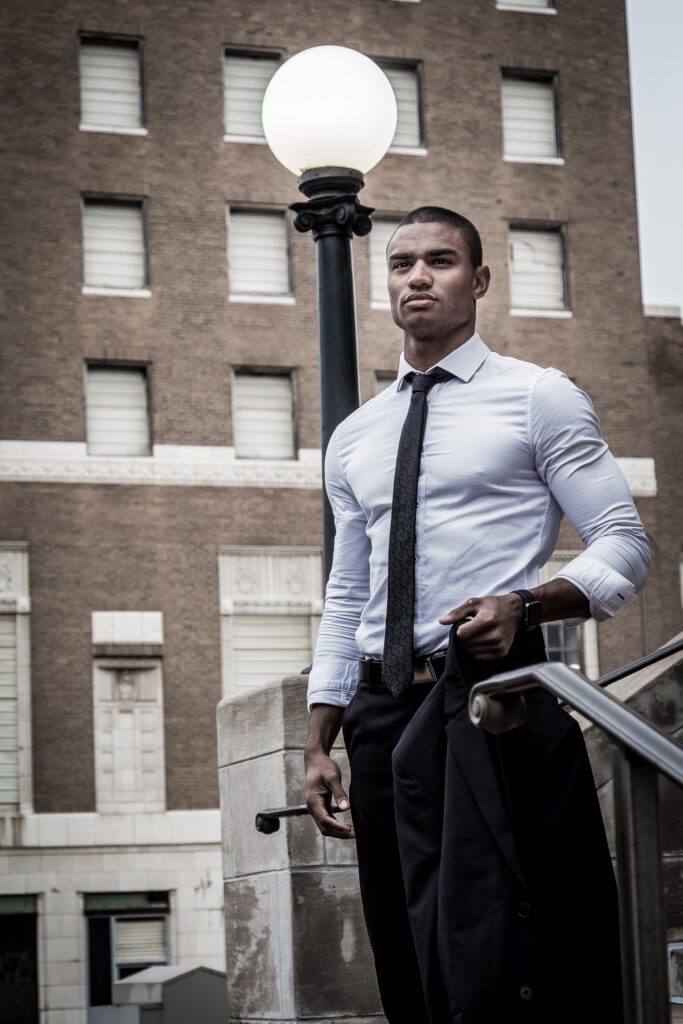
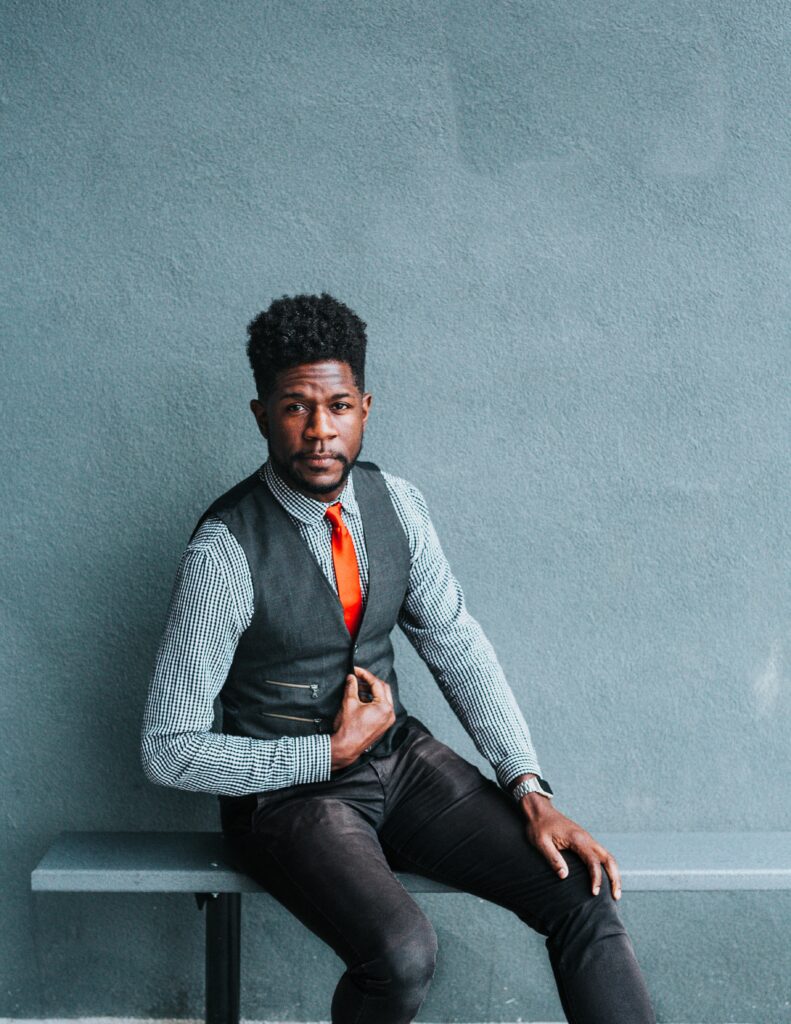
KJ: Is there anything else you would like to tell us about your work? Any other news or upcoming events?
GD: I have a book planned to launch in March of 2023 tentatively titled How to be a Rockstar Role Model: A Leadership Model for Professional Gay Men. Also, if you’re a professional gay man who wants to improve his leadership skills, please feel free to join our Facebook group called “The 10% Circle.”
KJ: Thank you for taking the time to speak with us today!
GD: No problem! Thanks once for interviewing me for this magazine. Please feel free to reach out if I can be of service to you in your leadership journey.


